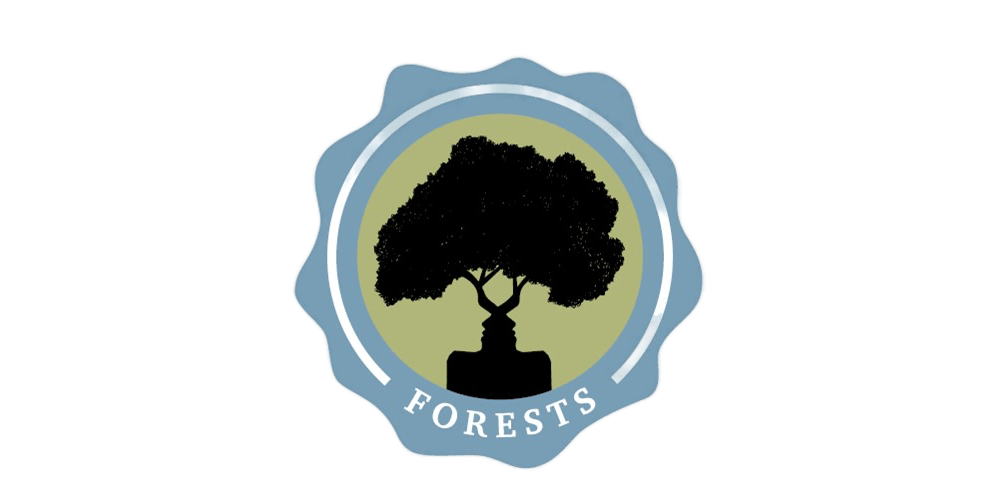Tree Food: Forests, Indigenous American Cuisines, and Native Food Sovereignty

A lecture from Indigenous Food Activist M. Karlos Baca (Tewa/Dinè/Nuuciu) founder of Taste of Native Cuisine, and a cofounder of the I-Collective, followed by a cooking demonstration by Rachel Sayet (Mohegan), daughter of the Mohegan Tribal Historian who received her MA from Harvard and is now a chef and Indigenous Food Activist.
Moderated by Sara Spurgeon and Vickie Sutton
Summary
- Indigenous foodways are deeply connected to local ecosystems like forests, reflecting the diversity of plants and animals from each biome. Food gathering is interwoven with spirituality and culture.
- Settler colonialism led to massive deforestation and land loss, eroding tribes' ability to practice traditional foodways. Activists work to preserve ancestral seeds and revitalize food traditions.
- Organizations like Taste of Native Cuisine and Native Foods Discussion Group promote indigenous food sovereignty through education, seed saving projects, cooking demos, etc.
- Indigenous chefs blend traditional ingredients like corn, beans, and squash with local foraged foods like mushrooms, berries, and maple. They aim to reconnect people to place-based food traditions.
- The structure of indigenous kitchens contrasts the hierarchical Western model, instead looking to the land as teacher and source. The goal is continuance of culture and cosmovision, not extraction.
- Challenges persist around land access, foraging rights, liability with indigenous burning, and commercializing spiritual foods. Butcollaboration and indigenous-led change offers hope for food sovereignty.
Overall, the discussion centered on restoring indigenous food systems, challenging colonialism's impact on forests and health, and building a more just and sustainable future.

Member discussion